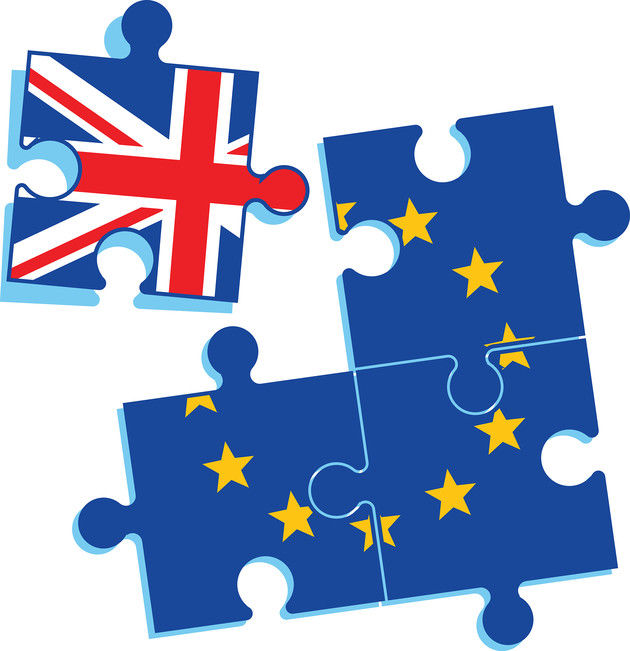
Trade remains fearful of no deal Brexit
Following Wednesday’s marathon Cabinet debate on Theresa May’s draft Brexit deal, the Prime Minister was reported to drink a glass of wine before stepping out from 10 Downing Street to address the media.
As the details of that proposed deal became clear - with resignations this morning including the Brexit and Northern Ireland Secretaries trailing in its wake - the drinks trade was in no celebratory mood as the prospect of a no deal Brexit remained a very real possibility.
The draft Brexit agreement may have squeaked through the Cabinet debate, but still has two formidable hurdles to clear, including a House of Commons vote (set against the slimmest of government majorities) and then the EU member states' final say.
“Assuming the proposed deal gets parliamentary approval, we at least know where we are heading – which is much more preferable than recent uncertainty and avoids an immediate issue in March - broadly the deal covers the issue around customs, which has pre-occupied our industry,” said Bibendum PLB chief executive Michael Saunders.
However, he added that “should approval not be gained, we are staring down the barrel of truly tumultuous times”, voicing concern at the precarious position May’s proposed deal is in with regard to surviving a passage through parliament and EU.
The Wine and Spirit Trade Association’s chief executive Miles Beale further highlighted concern over a no-deal scenario in a brief statement issued this morning.
“The WSTA, from the outset, has repeatedly said that a ‘no deal’ Brexit would have a catastrophic impact on our members. Despite the businesses we represent putting in place contingency measures, as best they can, a no deal Brexit presents a multitude of difficulties, which are outside of their control.”
“We need more time to digest the proposed deal and we will be watching intently the passage of the Withdrawal Bill through Parliament,” added Beale.
Hallgarten’s managing director Andrew Bewes cautiously welcomed the content of the Brexit document for the relative stability that it would bring for trade, but also voiced serious doubts over the likelihood of it passing through a Commons vote.
“Based on the headlines of the draft agreement released last night, our initial reaction was that the deal does offer relative stability for the business community - certainly compared to a no deal scenario,” said Bewes.
“However, given the political uncertainty here in the UK, exemplified by the resignations of Dominic Raab and Esther McVey this morning, with others likely to follow, it seems unlikely in the extreme that the Commons will vote it through. This leaves us with no option but to continue to prepare for the realities and consequences of a no deal.”




